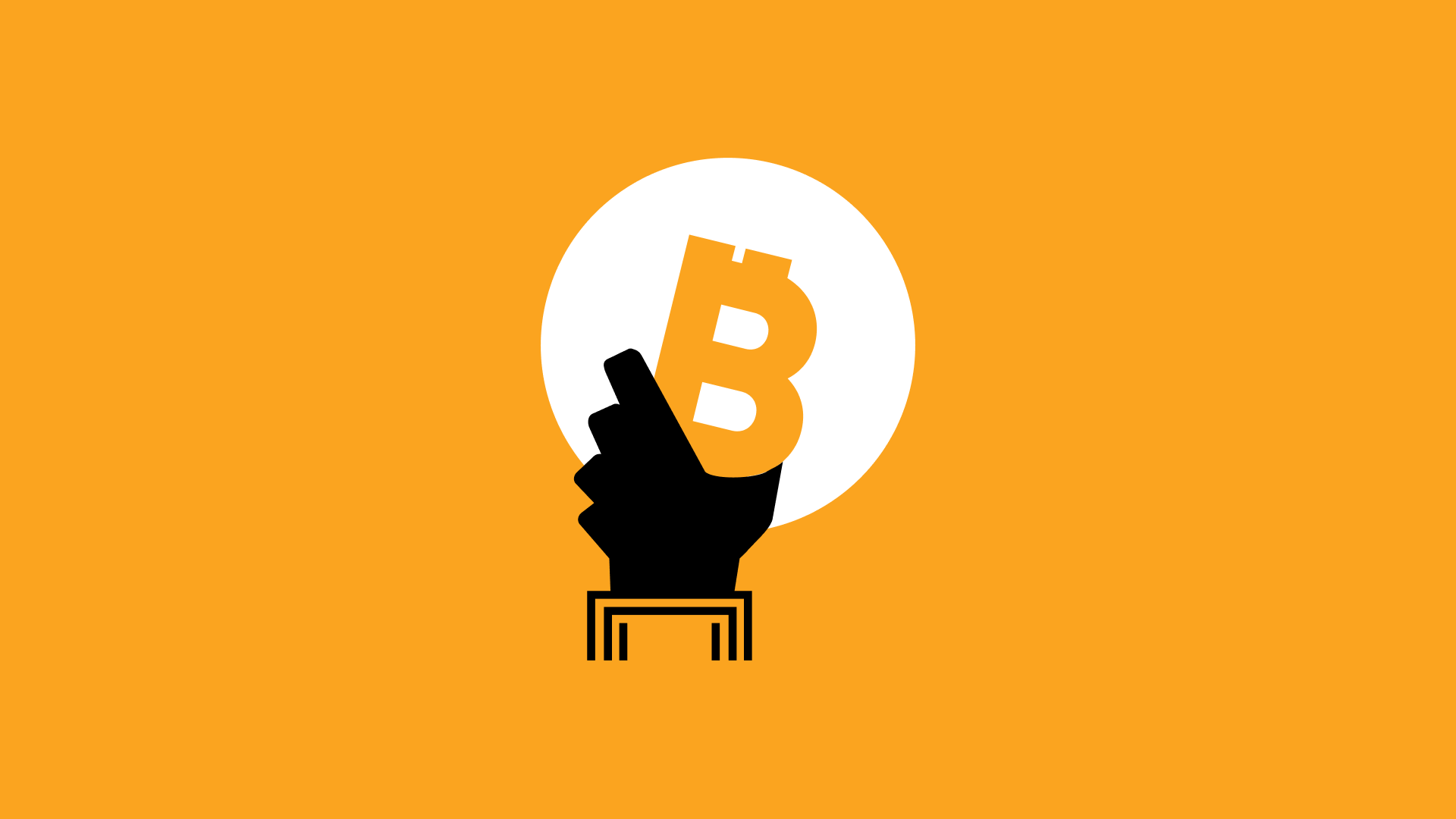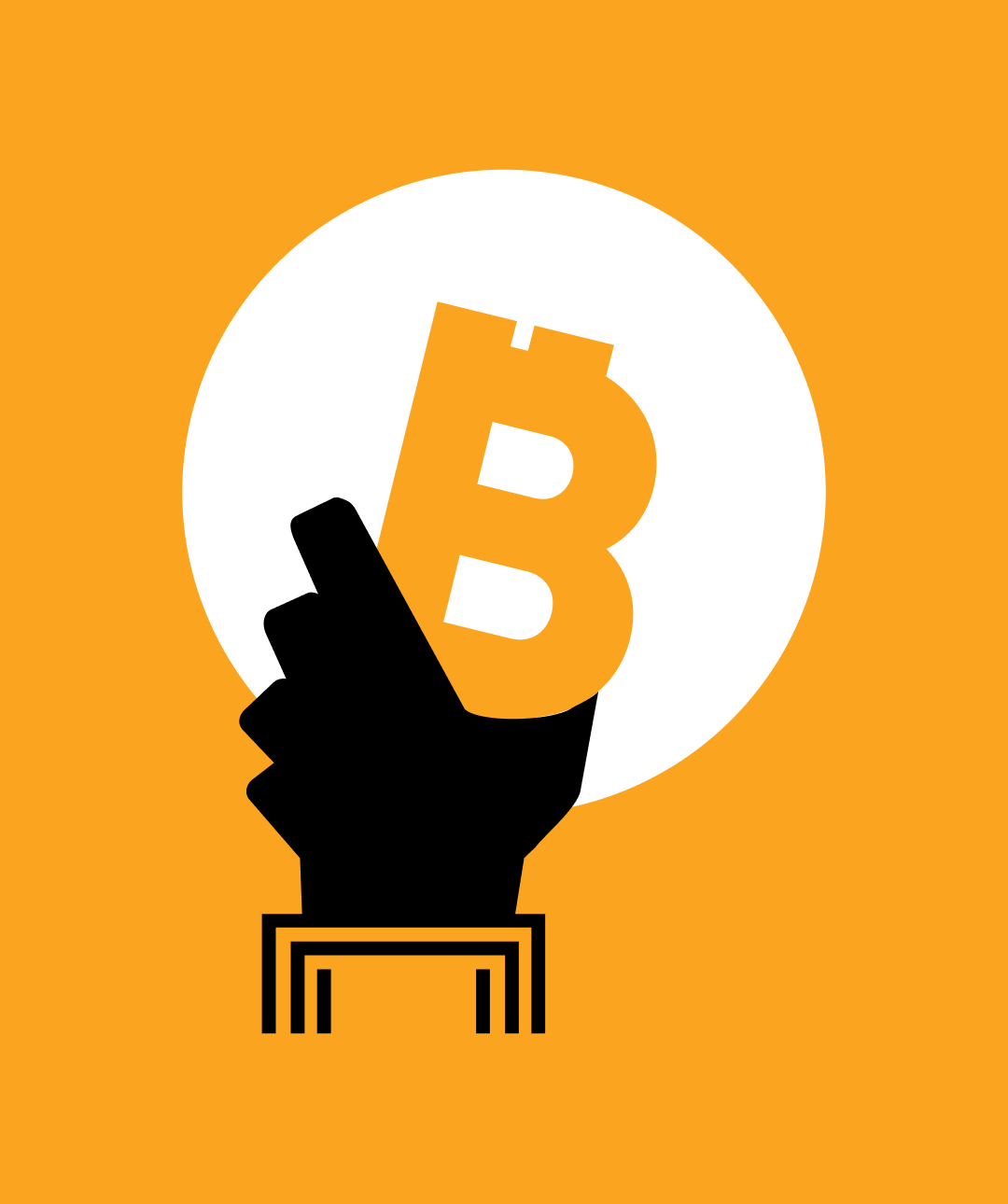

NEW YORK (April 26, 2022) – The Human Rights Foundation (HRF) is pleased to announce its latest round of gifts from its Bitcoin Development Fund, focusing on software development, community development, design, censorship monitoring, and translation.
Gifts will be allocated as follows:
100 million satoshis to the Africa Bitcoin Conference, taking place in Accra, Ghana on December 7-9, 2022. This event will be the first major Bitcoin/Lightning event to take place on the African continent since 2019, and is being organized by a team led by Togolese human rights advocate Farida Nabourema and the Senegalese Lightning engineer Fodé Diop. Bitcoin builders and educators from across Africa will gather in Accra to present new ideas, meet each other, open dialogues with businesses on the continent, and find new support for their work.
50 million satoshis to Venezuelan Bitcoin developer Francisco Calderon for his work on lnp2pbot, a peer-to-peer telegram bot that allows users to trade Bitcoin using the lightning network and fiat in a non-custodial way. This support will allow Francisco to translate the bot into new languages, fix bugs, and improve the trading experience.
50 million satoshis to Rene Pickhardt for his open source work on Lightning. Rene will continue his research to make the payment process of the Lightning Network more reliable, improving existing pay implementations. Rene will continue his research on feature engineering to produce a better cost function for the routing problem. Finally Rene serves as a mentor for lightning network related projects during the Summer of Bitcoin.
50 million satoshis to Ruben Somsen and Dhruv Mehta for their work on creating spacechains: Bitcoin sidechains that can be used to create dollar assets and enhanced privacy for Bitcoin users. Ruben and Dhruv’s work can serve as a permissionless framework that enables anyone to create their own spacechains.
150 million satoshis to independent media outlets worldwide to help them expand their coverage of Bitcoin and cryptocurrency adoption, the rise of central bank digital currencies, and government targeting of dissidents through the banking system. This grant series is supported in part by Paxful. Recipients include:
50 million satoshis to the Cuban media outlet El Toque
50 million satoshis to the South African media outlet The Daily Maverick
50 million satoshis to the Burmese media outlet Democratic Voice of Burma
50 million satoshis to Netblocks to study the impact of government restrictions on the Bitcoin protocol and surrounding mechanisms that facilitate access to digital currency. The grant will help Netblocks take the first steps toward extending their public interest research and reporting to cover emergent threats to connectivity that impact the global Bitcoin network. NetBlocks is a global internet monitor working at the intersection of digital rights, cybersecurity, and internet governance.
25 million satoshis to support Paulo Sacramento and the Bitcoin Design Guide. Paulo will be updating the Getting To Know Your Users page of the Guide with information found in Patricia’s research, identifying, defining and structuring an action course for what and how the UX of Bitcoin applications can be improved — and creating visual content for the Bitcoin Design Guide. The project’s goal is to make bitcoin non-custodial applications more intuitive and accessible.
25 million satoshis to Bitcoin Pakistan to translate resources into Urdu. Spoken by more than 60 million people worldwide, Urdu is a top-20 world language, but has precious little Bitcoin content. This grant aims to change that.
Over the past two years HRF has allocated more than $1.2 million in BTC and dollars to more than 30 developers and educators across the world. HRF continues to raise support for the Bitcoin Development Fund, with the next round of gifts to be announced in Q3 of 2022.
HRF is a registered 501(c)(3) non-profit organization, and donations are tax-deductible to the fullest extent allowable by law. Gifts can be made at HRF.org/DevFund, while proposals for support can be submitted to [email protected].
Follow @HRF on Twitter for more updates on this project and all of our other programs designed to promote freedom and human rights around the world.
Hit enter to search or ESC to close